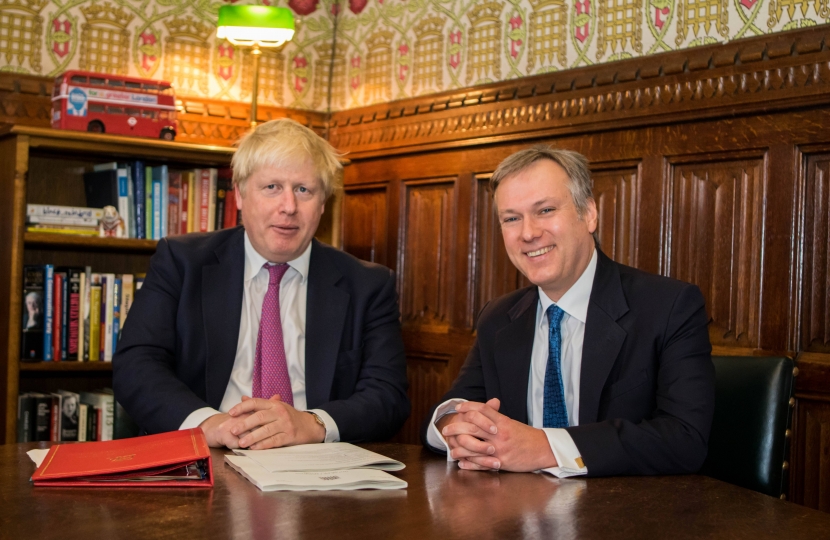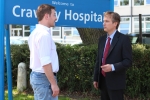
For all of this country’s great pomp and spectacle on national occasions, such ceremony does not extend to the arrival into office of a Prime Minister.
Indeed last Wednesday, when Boris Johnson arrived in Number 10, the House of Commons remained sitting. Not long after the Prime Minister’s speech in front of that famous door, I spoke in an important debate on youth services.
I was pleased to highlight the contributions in Crawley offered by council youth services, as well as groups such as Cubs and Brownies, in addition to participants in National Citizen Service, many of whom wrote to me recently about a number of salient topics.
These are the sorts of issues which it is the job of MPs to hold the Government to account over, and there is no time to waste.
Less than 24 hours after the new Cabinet had been appointed – a Cabinet which is far more representative and diverse than, for example, the new nominees for the EU’s big four jobs – I spoke in the Commons in support of Boris Johnson’s comments on the importance of improving our NHS. I called for the Government to make a statement on the need for GP surgeries to receive greater support.
Later that morning the Prime Minister came to the Commons to outline the priorities for his new administration. While there was no constitutional obligation to do so on his first full day in the role, it is right that in our political system, MPs get to hold the head of the government to account on a regular basis.
I questioned Boris Johnson asking for further details on his pledge to recruit 20,000 more police officers. The very next day, Number 10 confirmed publicly that recruitment will start within weeks.
Additionally, a new national policing board, to be chaired by the Home Secretary, will hold the police to account in achieving this target.
Henry Smith MP


